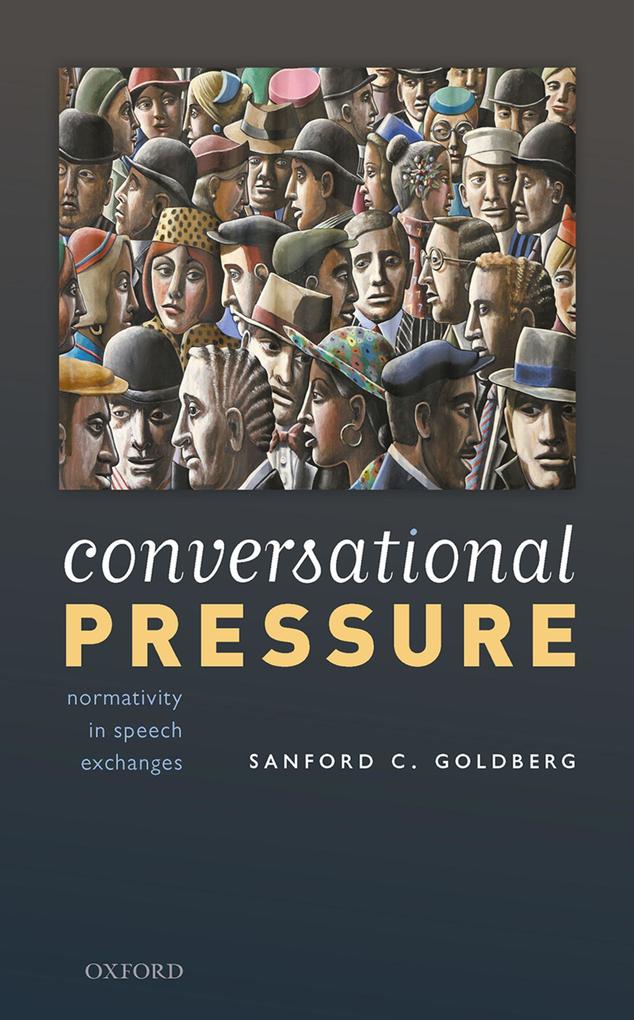
Sofort lieferbar (Download)
In the course of conversation, we exert implicit pressures on both ourselves and others. These forms of conversational pressure are many and far from uniform, so much so that it is unclear whether they constitute a single cohesive class. In this book Sanford C. Goldberg explores the source, nature, and scope of the normative expectations we have of one another as we engage in conversation that are generated by the performance of speech acts themselves. In doing so he examines two fundamental types of expectation -- epistemic and interpersonal. It is through normative expectations of these types that we aim to hold one another to standards of proper conversational conduct. This line of argument is pursued in connection with such topics as the normative significance of acts of address, the epistemic costs of politeness, the bearing of epistemic injustice on the epistemology of testimony, the normative pressure friendship exerts on belief, the nature of epistemic trust, the significance of conversational silence, and the various evils of silencing. By approaching these matters in terms of the normative expectations to which conversational participants are entitled, Goldberg aims to offer a unified account of the various pressures that are exerted in the course of a speech exchange.
Produktdetails
Erscheinungsdatum
23. Juli 2020
Sprache
englisch
Seitenanzahl
224
Dateigröße
0,58 MB
Autor/Autorin
Sanford C. Goldberg
Verlag/Hersteller
Kopierschutz
mit Adobe-DRM-Kopierschutz
Produktart
EBOOK
Dateiformat
EPUB
ISBN
9780192598394
Entdecken Sie mehr
Bewertungen
0 Bewertungen
Es wurden noch keine Bewertungen abgegeben. Schreiben Sie die erste Bewertung zu "Conversational Pressure" und helfen Sie damit anderen bei der Kaufentscheidung.










